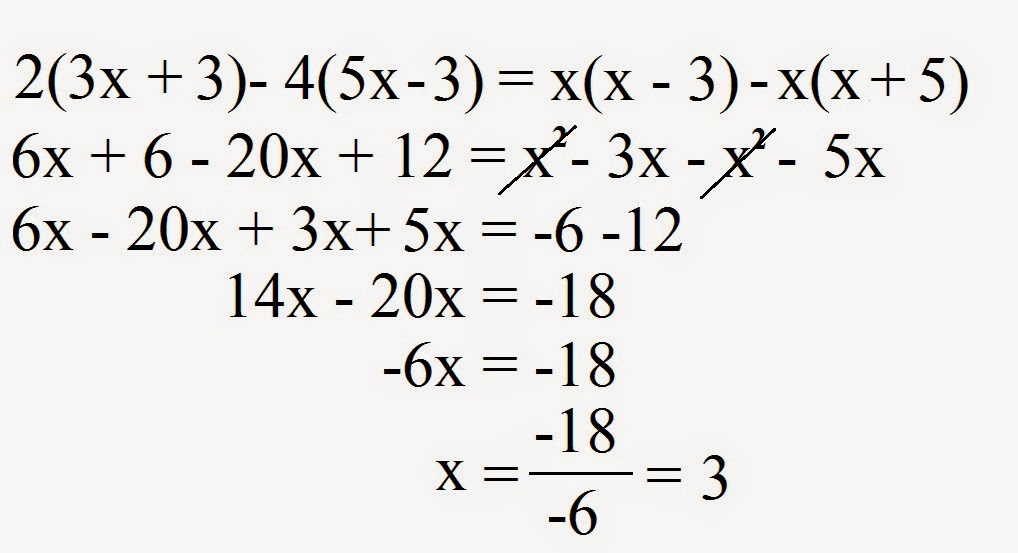Unlocking Hidden Secrets: The Power of Linear Equations
Ever wondered how seemingly complex problems, from calculating finances to predicting the trajectory of a rocket, can be broken down into elegant, solvable equations? The answer lies in the magic of linear equations, the unsung heroes of the mathematical world. Don't let the term "equations" intimidate you; think of them as powerful tools that can unlock hidden relationships and reveal solutions you never thought possible.
At their core, linear equations are the mathematical equivalent of a balanced scale. They express a relationship where what's on one side of the equals sign is directly proportional to what's on the other. Imagine trying to figure out how many cookies you can buy with your allowance. A simple linear equation can give you the answer, taking into account the cost of each cookie and how much money you have to spend.
The history of linear equations goes back centuries, with contributions from ancient civilizations like the Babylonians and Egyptians. These early mathematicians used them to solve practical problems related to land measurement, trade, and construction. Over time, the study of linear equations evolved, leading to breakthroughs in algebra, geometry, and other branches of mathematics. Today, linear equations are fundamental tools used in a wide range of fields, from physics and engineering to economics and computer science.
One of the most fascinating aspects of linear equations is their simplicity. Unlike more complex equations that involve exponents or intricate functions, linear equations deal with variables raised to the power of one. This simplicity makes them incredibly versatile and accessible, even for those who aren't math whizzes.
Think of a linear equation as a recipe with specific ingredients and instructions. The variables (like 'x' or 'y') are your ingredients, and the coefficients (the numbers multiplying the variables) tell you how much of each ingredient you need. The equals sign is your instruction to combine everything in a specific way to get the desired outcome, the solution.
Advantages and Disadvantages of Linear Equations
| Advantages | Disadvantages |
|---|---|
| Simple to understand and solve | Limited in representing complex relationships |
| Widely applicable in various fields | May not accurately model all real-world scenarios |
While linear equations are incredibly useful, they do have limitations. Real-world phenomena are often more complex and can't always be accurately represented by a straight line. However, even in these cases, linear equations can provide valuable approximations and insights.
So, whether you're a student grappling with algebra, a professional analyzing data, or simply someone who wants to sharpen their problem-solving skills, understanding linear equations is a worthwhile endeavor. They are powerful tools that can unlock hidden relationships, reveal elegant solutions, and provide a deeper understanding of the world around us.
Tiny titans of torque unleashing the power of the 14 drive 12 point sae socket set
Unlocking the fifa 23 multiverse cross platform play
Unlocking success your guide to nota sains tingkatan 4 bab 12














